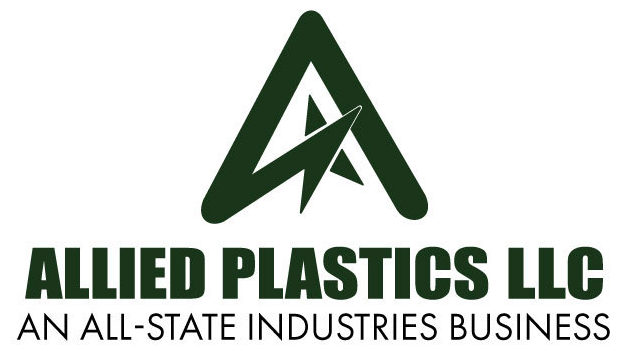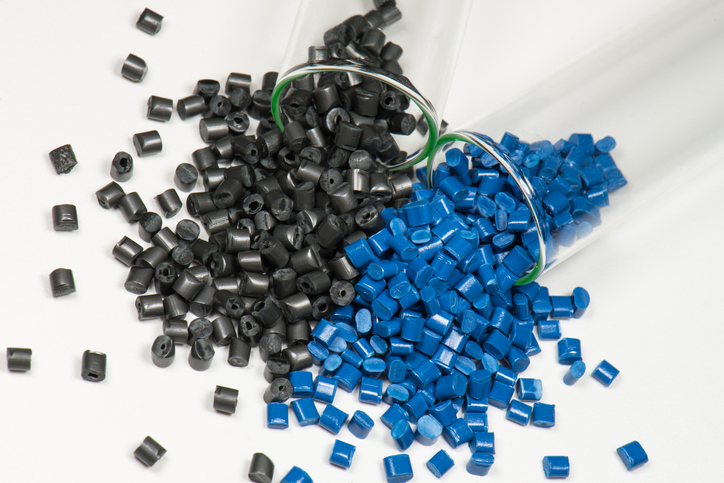Understanding the Versatile Polymer Blend for Industrial Applications
Among high-performance manufacturing materials, PC-ABS stands out for its exceptional combination of properties. This polymer blend, combining polycarbonate (PC) and acrylonitrile butadiene styrene (ABS), has emerged as a go-to material for manufacturers seeking superior performance characteristics. This engineered thermoplastic brings together the best qualities of both materials, creating a versatile solution for demanding applications.
As a leader in thermoforming and custom plastic manufacturing, Allied Plastics has extensive experience working with PC-ABS across diverse applications. Our engineering team’s deep understanding of this material’s properties and processing requirements ensures optimal results for every project. Whether you’re new to PC-ABS or looking to optimize its use in your applications, this guide will help you understand why it’s become a preferred choice for demanding manufacturing needs.
Want to learn more about our material expertise, thermoforming, or other facets of our manufacturing? Reach out to our experts today.
What is PC-ABS?
PC-ABS is a carefully engineered blend that combines the strength and heat resistance of polycarbonate with the flexibility and processing ease of ABS. This hybrid material emerged from the need for plastics that could meet increasingly demanding performance requirements while maintaining manufacturability. The result is a thermoplastic that offers enhanced properties compared to either material alone.
The blend typically consists of 60-90% polycarbonate and 10-40% ABS, though exact ratios can be adjusted based on specific application requirements. This flexibility in composition allows manufacturers to fine-tune material properties for optimal performance in different uses.
The Key Material Properties of PC-ABS
Understanding the material properties helps explain its growing popularity in manufacturing:
- Mechanical Strength: The material exhibits excellent tensile strength and stiffness, largely contributed by its polycarbonate component. This makes it ideal for structural applications requiring high load-bearing capabilities.
- Heat Resistance: PC-ABS maintains its structural integrity across a wide temperature range, with a heat deflection temperature typically higher than standard ABS. This temperature stability makes it suitable for applications exposed to varying environmental conditions.
- Impact Resistance: The material offers outstanding impact resistance, even at low temperatures. The ABS component enhances this property, providing better ductility and impact strength than pure polycarbonate.
- Surface Quality: PC-ABS can achieve excellent surface finish quality, making it suitable for visible parts and components where aesthetics matter. The material also accepts various textures and finishes during the manufacturing process.
Advantages in Manufacturing
From a manufacturing perspective, this material offers several significant advantages:
- Processing Flexibility: The material processes well in thermoforming operations, with good flow characteristics and consistent forming behavior. This predictability helps ensure reliable production outcomes.
- Design Freedom: PC-ABS’s balanced properties allow for complex geometries and thin-wall sections without compromising structural integrity. This design flexibility helps engineers optimize part design for both function and manufacturability.
- Cost-Effectiveness: While not the least expensive polymer option, its combination of properties often makes it the most cost-effective choice when considering total lifecycle costs and performance requirements.
Working with PC-ABS
Successfully working with this polymer blend requires experienced handling and sophisticated processing capabilities. Temperature control during processing is crucial, as is proper tool design and material handling. This is where partnering with an experienced manufacturer becomes essential.
At Allied Plastics, our extensive experience with PC-ABS enables us to optimize processing parameters for consistent, high-quality results. Our advanced thermoforming equipment and skilled engineering team ensure that each project takes full advantage of this versatile material’s capabilities.
A versatile material, PC-ABS is commonly used in applications spanning many markets including industrial implementation, automotive components, consumer market goods, medical devices, and more.
Maximize PC-ABS Projects with Allied Plastics
Selecting PC-ABS for your manufacturing needs combines the best of both worlds: exceptional material properties and reliable processability. Whether your application demands high impact resistance, thermal stability, or superior surface finish, it delivers performance that meets demanding specifications.
Working with an experienced partner like Allied Plastics ensures you get the most value from this versatile material. Our expertise in thermoforming PC-ABS, combined with our comprehensive quality control systems, helps deliver components that consistently meet or exceed expectations.
As part of the All-State Industries family of companies, we’re proud of the comprehensive services we offer — from custom OEM solutions and industrial packaging to plastic sheet extrusion and extensive assembly and finishing options. As a premier heavy-gauge thermoforming company, we’re experienced with a wide range of materials, including PC-ABS, HDPE, TPO, Polystyrene, Polypropylene, and more.
Connect with our team today to learn how we can assist your specific manufacturing needs.

